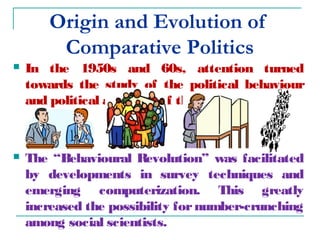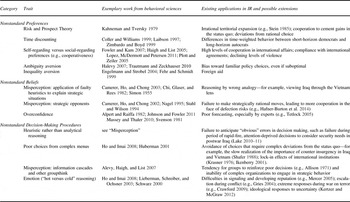The behavioral revolution, also known as the behavioral economics revolution, is a movement that began in the mid-20th century and continues to this day. It represents a shift in the way economists and other social scientists think about human behavior and decision making.
Traditionally, economics has been based on the assumption that people are rational actors who make decisions based on their own self-interest and a thorough analysis of the costs and benefits of different options. This model, known as rational choice theory, has been the dominant paradigm in economics for centuries.
However, the behavioral revolution challenged this view and argued that people do not always behave rationally. Instead, they are influenced by a range of psychological, social, and cultural factors that can lead them to make irrational or suboptimal decisions.
One of the key figures in the behavioral revolution was the economist and Nobel laureate Herbert Simon, who argued that people do not always have the cognitive resources or time to make fully rational decisions. As a result, they often rely on heuristics, or mental shortcuts, to make decisions quickly and efficiently. These heuristics can sometimes lead to biased or irrational decision making, a phenomenon known as "bounded rationality."
Another key figure in the behavioral revolution was the psychologist Daniel Kahneman, who won the Nobel Prize in Economics in 2002 for his work on behavioral economics. Kahneman and his colleague Amos Tversky conducted a series of influential experiments that demonstrated the many ways in which people's judgments and decisions are influenced by psychological biases, such as overconfidence, framing effects, and loss aversion.
The behavioral revolution has had a major impact on economics and other social sciences, leading to the development of new theories and models that take into account the psychological and social factors that influence human behavior. It has also had practical applications in fields such as marketing, public policy, and finance, where a better understanding of human behavior can help design more effective policies and strategies.
Overall, the behavioral revolution has contributed to a more nuanced and realistic view of human behavior, recognizing that people are complex and often irrational creatures who are influenced by a wide range of factors. This new perspective has helped to deepen our understanding of how people make decisions and has had far-reaching implications for fields ranging from economics to psychology and beyond.





